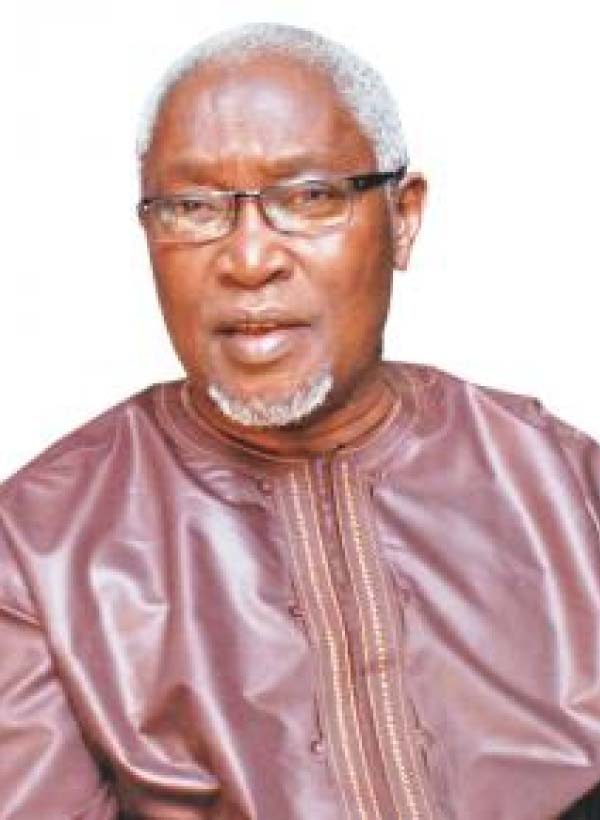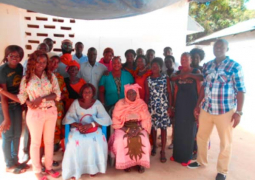
Speaking in an exclusive interview with The Point at the weekend, OJ expressed hope that the year 2014 will be the year of open society in The Gambia, whereby the constitution will be the guiding principle and the government being very tolerant of the independent press, opposition parties and other divergent views, opinions and beliefs.
‘‘It is only then that we can build a Gambia that will have a very genuine and vibrant democratic culture, whereby respect for the rule of law, human rights and good governance, which are the fundamentals for peace, progress and prosperity for The Gambia, will be respected,’’ he said.
Reflecting on the year 2013, the PPP leader described the year 2013 as a very ‘‘eventful year, because we had seen a serious deterioration of the Gambian dalasi, which in effect affected the prizes of all commodities and pushed them to where the ordinary Gambian could not afford them.’’
According to him, “the cropping season in 2013 also saw both rice and groundnuts going down by 42% which in effect reduces our foreign exchange earnings as a nation, all of which culminated in making us having a difficult year as Gambians.
‘‘We also witnessed, once more, a serious deterioration in terms of civil liberties of Gambians by the continued arbitrary arrests and detention of people beyond the 72 hours constitutional requirement,’’ OJ further noted.
‘‘We have also seen a government crackdown on the independent press, with the introduction of very repressive media laws by the National Assembly, which to all national and international observers is a continuous clampdown on freedom of speech and expression in this country,’’ he added.
He also stated that as leaders of opposition parties, they are still not allowed to use the national television and radio for the expression of divergent views, as stipulated in the national constitution.
In his view, a few of the main areas that government should have intervened was to make sure that salaries of government institutions and parastatals are increased, to commensurate with the price increase of essential commodities.
Secondly, he added, the government should come up with a very serious blueprint for the creation of employment opportunities for young students from the university.
He further stated that the third thing that government should have done in 2013 was to reintroduce the Gambia Cooperative Union, to be the main marketing channel of all farm produce in The Gambia, whereby that institution can provide the farmers on loan basis all their essential needs and equipment for the farming season, which then will be repaid after selling their produce.
In OJ’s view, the other thing that government should have done was to improve government’s transparency and openness to the Gambian people, so that the independent press can fully take their rightful position to carry out their functions of educating, entertaining and informing the Gambian people, rather than restricting them from accessing information from government institutions, ministries and departments.
‘‘Fifth, the government have a duty and responsibility to inform the Gambian people that in the year 2013, over D200 million was used to purchase two so-called new ferries, which have been delivered to the ferry services of the Gambia Ports Authority over eight months ago but are still not operational,’’ he stated.
The Gambian people, he noted, have a right to know how and who authorized the buying of these so-called new ferries from state coffers, and that institution or individual should be held accountable for mismanaging over D200 million of state revenue.
He further stated that “with the demise of Nelson Mandela and our head of state going to the funeral, there should have been a new positive thinking, and we see the government seriously start investigation into the murder of Deyda Hydara, the shooting of Lawyer Ousman Sillah, the disappearance of journalist Chief Ebrima Manneh, Kanyiba Kanyi, Malamin Nyassi, Ndongo Mboob, among others”.


